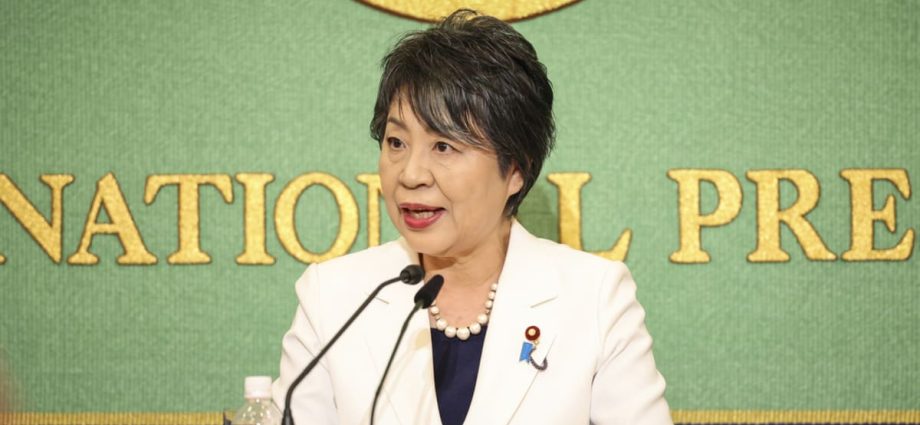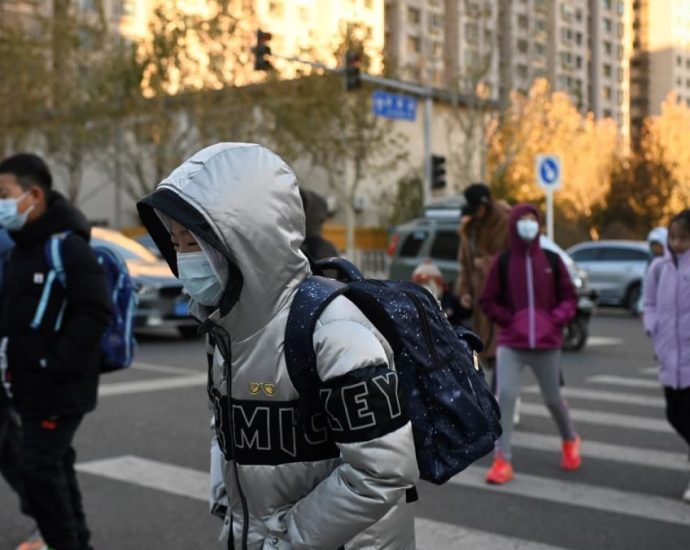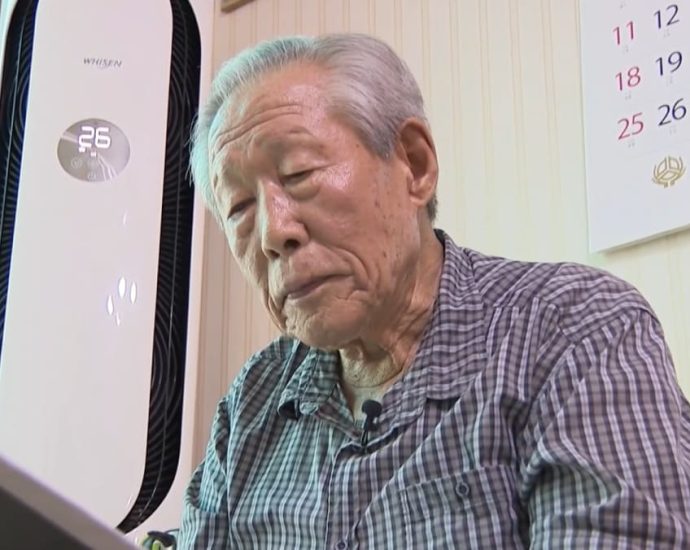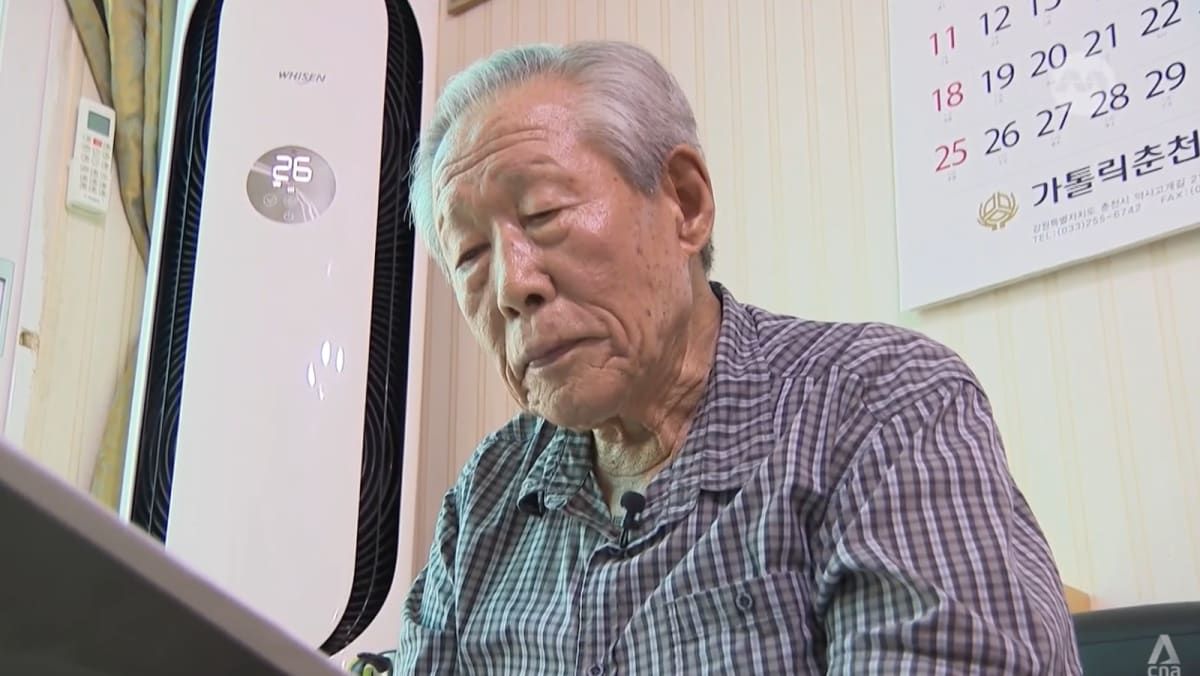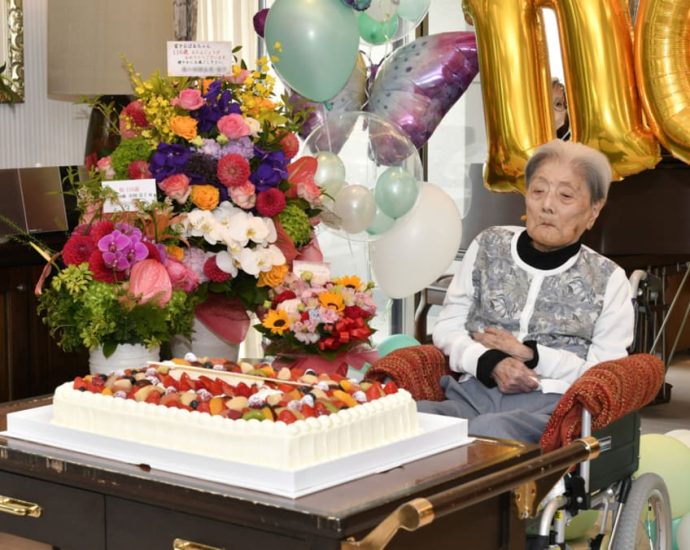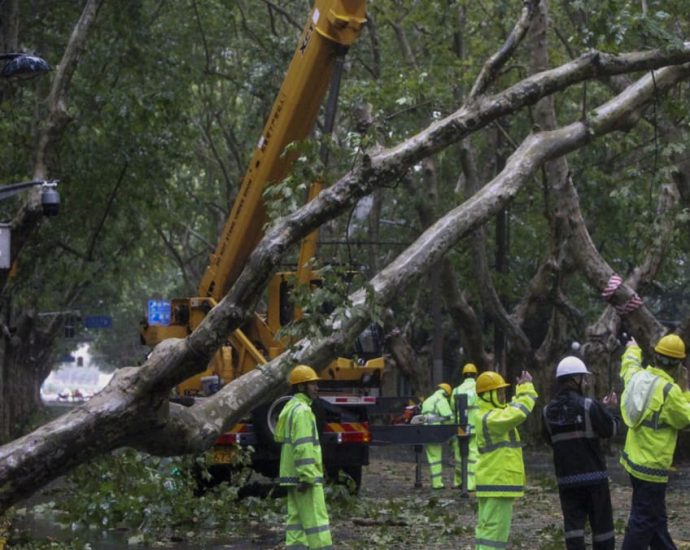Japanese schoolboy stabbed near school in China dies
TOKYO:  , A 10-year-old Japanese boy who was stabbed by an assailant while on his way to school in Shenzhen, China has died, the Japanese government said on Thursday ( Sep 19 ). The boy was stabbed on his way to a Japanese school at about 8am ( 0000 GMTContinue Reading

